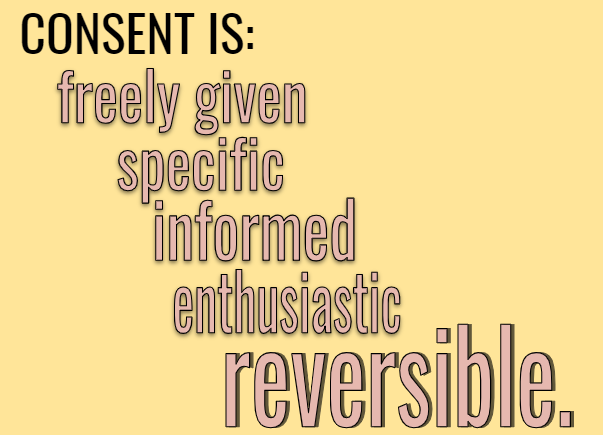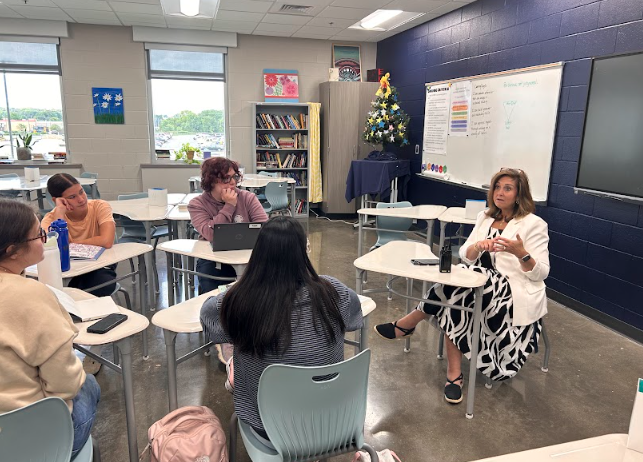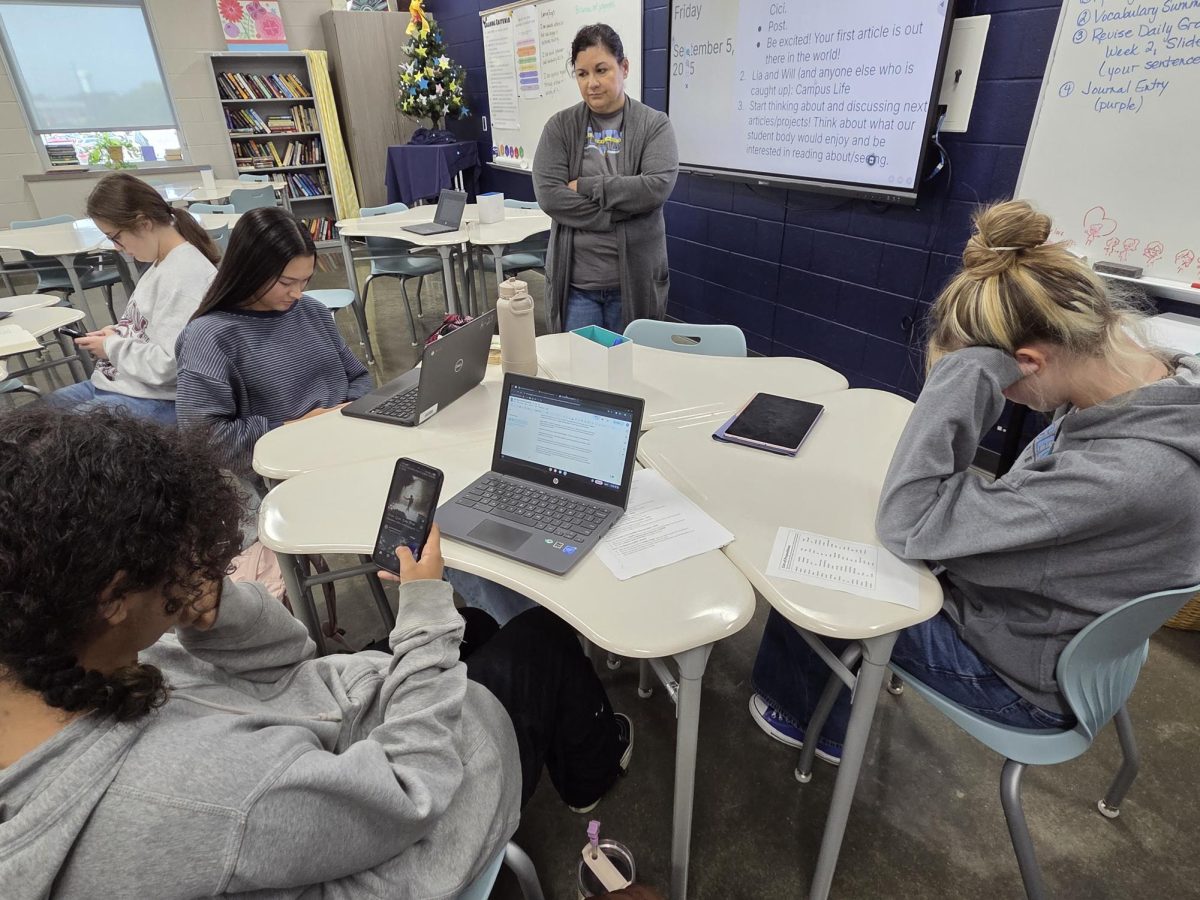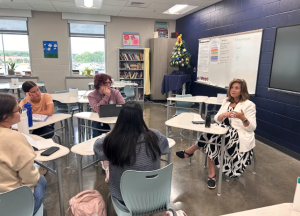Consent Matters: Part Three
February 5, 2019
There are 7.53 billion people on Earth, which means that there are 7.53 billion different definitions of the word “consent.” I can’t begin to explain the controversy behind this word, so instead, I’m going to talk more about the basics of consent: what it IS and what it ISN’T.
I found a website called RAINN (Rape, Abuse & Incest National Network) that lists the laws that each state has concerning sex crimes and consent. On the website, I found Kentucky’s definition of consent and what that constitutes. Our state laws describe the “lack of consent” results from forcible compulsion, incapacity to consent, and if the offense charged is sexual abuse. It also defines what it means to be “incapable of consent.”
The website then goes on to describe crucial terms used in the points listed above. Though this is the legal definition of the word, that doesn’t mean that everyone necessarily agrees with it.
In the survey that I conducted asking seniors about their knowledge of consent and sex education, 91 results showed a variety of answers and opinions as far as what constitutes the word. When asked if not verbally saying “no” is equivalent to giving consent for more sexual activity, 54.9% of students strongly disagreed, 25.3% somewhat disagreed, 12.1% somewhat agreed, and 7.7% strongly agreed. When asked if a woman’s clothing affects consent in a sexual situation, 63.7% strongly disagreed, 20.9% somewhat disagreed, 13.2% somewhat agreed, and 2.2% strongly agreed. Though not split equally, I can tell that each of the 91 participants has their own idea of what consent is to them.
With such a wide variety of ideas and beliefs among even a small portion of the student body, why not discuss this issue more?
The concept of consent has so many gray areas that it’s ultimately impossible to get an entire group of people, let alone a whole country, to come to a consensus. However, there are plain and simple facts that everyone should (hopefully) know. We learned from a very young age that “no means no,” most likely from our parents or guardians. When we asked why, “Because I said so” was usually the response. I personally believe that this is the most basic layer of consent. Saying “yes” grants permission, and saying “no” doesn’t. Simple enough, right?
Well, say you go to the beach during the summer and you’re wearing a cute bikini you found at Target, or you’re wearing the manliest swimming trunks you could find in the men’s section. Then, all of a sudden, you hear someone cat-call you. You ignore it, not wanting to draw more attention to yourself. Your lack of response, however, encourages the cat-caller and they come over to you. They start to touch your body without warning. You try to free yourself from their touch, but you don’t verbally say no. Does that mean they had consent to touch you? Some may argue that you did because you were asking for it by wearing a revealing bathing suit. Some might say that they did because you didn’t say anything to make it stop. Others may say that they did not have consent to touch you because you didn’t say yes, and you physically tried to pull yourself away. There are so many ways to evaluate the situation, as well as situations that boys, girls, men, and women are put into, so you can only imagine the number of conclusions that could be found.
Most people would argue that it’s the parent or guardian’s job to teach a student the ins and outs of this topic, but I believe that our educators have a lot of responsibility in shaping how society thinks and acts. The school systems play a crucial part in a student’s life. From my experience, our health classes don’t really specify unique situations where consent can be difficult, yet necessary to identify. I’ll admit that this issue tends to turn people away because of its controversial nature, but aren’t our schools supposed to teach us lessons in preparation for the real world? There are students here who see teachers more than their own parents, so I firmly believe that it is a responsibility of the schools to “raise” us, in a sense; to encourage us as young men and women to be as respectable, empathetic, and knowledgeable as we can, especially when it comes to a topic as important as sex.
Am I asking too much? Perhaps, but why shouldn’t we strive for greatness? For a humble outlook on life and all of its ins and outs? Everyone, not just students, should make it a priority to continually educate themselves about issues that are considered taboo. With enough people talking and discussing, this topic could go from being considered “taboo” to being considered important.

















